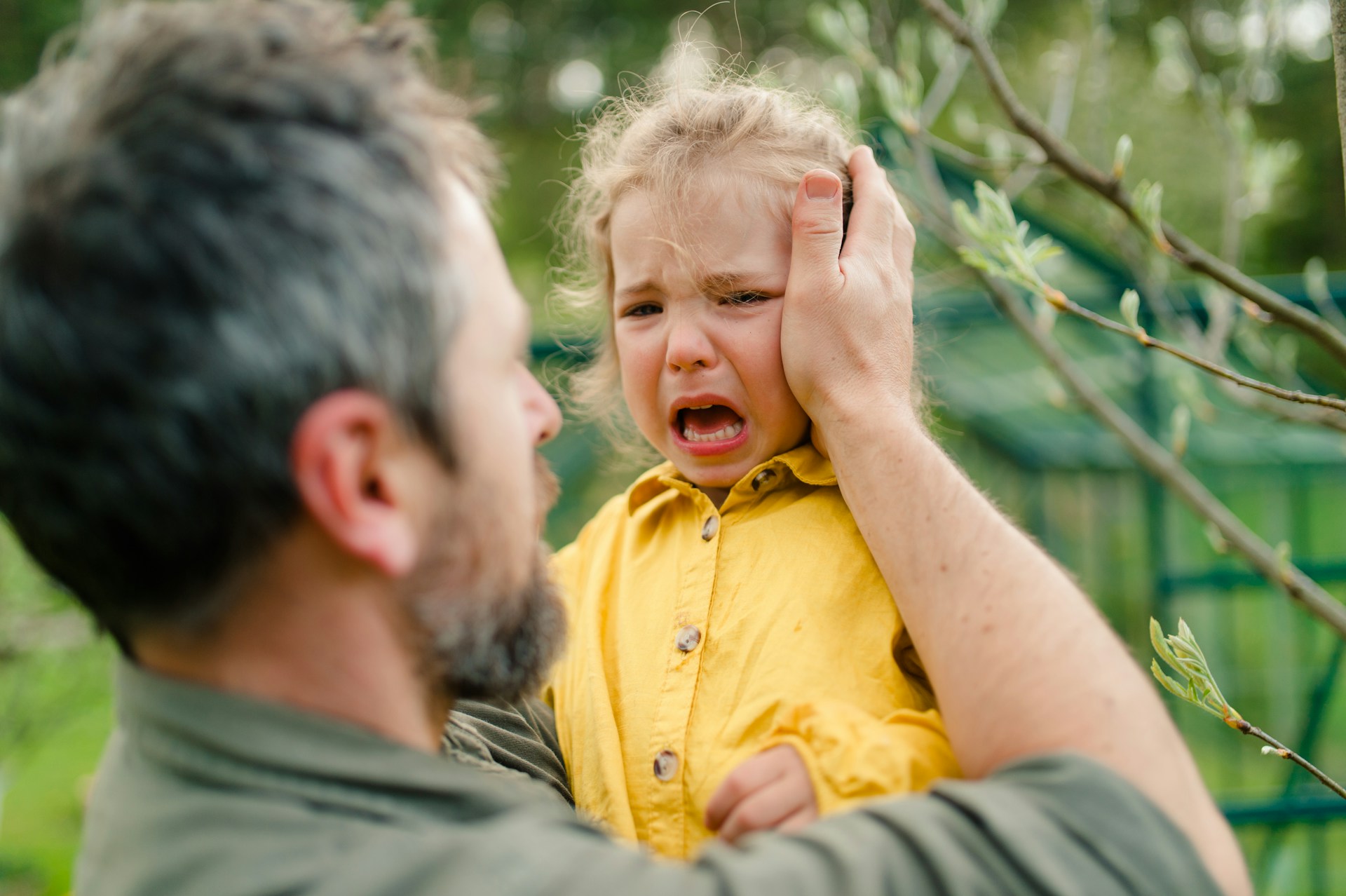Having a best friend for life can be a blessing. That blessing, however, is if the friendship is a healthy one. At times, an unhealthy dynamic of codependency friendships is mistaken for committed care for one another. Knowing the difference between the two can make all the difference.
What’s at the heart of codependency in friendships
 All good relationships have at their heart the mutual care and concern that ought to mark interactions between people. When it comes to codependent relationships, whether between friends, a parent and child, or between lovers, what’s gone wrong is the breakdown of healthy boundaries. For a relationship to function properly, a distinction needs to be maintained between the people in it so that their distinct needs are met.
All good relationships have at their heart the mutual care and concern that ought to mark interactions between people. When it comes to codependent relationships, whether between friends, a parent and child, or between lovers, what’s gone wrong is the breakdown of healthy boundaries. For a relationship to function properly, a distinction needs to be maintained between the people in it so that their distinct needs are met.
A good boundary allows us to separate our own needs and feelings from those of others. Boundaries help us define ourselves personally, helping us to thrive as individuals. A lack of poor boundaries leaves people enmeshed with one another.
There is a loss of individuality, and with that is the reality that one or both sets of needs aren’t being met. That can be detrimental to emotional and physical health, leading to burnout, among other possibilities.
Are you in a codependent friendship?
Codependent friendships may look like a deep, rich connection from one vantage point. Upon closer inspection, what’s happening is not healthy for either party in the relationship. Both parties will likely lose their sense of identity the longer the dynamic continues. Some signs of a codependent friendship are:
- You feel threatened when the other person gets close to other people. Jealousy is common in codependent relationships. Often, other friends are cut off, leading to greater reliance on the friendship for emotional support.
- One of you is always in need of rescue by the other.
- One of you is always coming to the rescue of the other and is always trying to fix the other. This individual may find it hard to say “No” and struggle with asserting themselves. They will often put their friend’s needs above their own and will feel guilty if they don’t help. Also, the giver likely feels special if they are needed, and that’s one reason they constantly want to help.
 One or both of you are heavily reliant on the friendship, to the point where you can’t function without each other.
One or both of you are heavily reliant on the friendship, to the point where you can’t function without each other.- You tend to feel the same things. This is different from empathy, and more of experiencing shared emotions and shared reactions to situations or experiences.
- You don’t often make individual choices when you’re together.
- One or both of you are experiencing emotional burnout as a result of the relationship.
- One person’s needs often come first in the relationship. It is not a relationship of equals or mutual satisfaction of needs.
- You may feel anxious if you’re not in contact with your friend.
- One of you is always giving, while the other is always taking. Codependent relationships are often one-sided and quite imbalanced. This can lead to feelings of resentment and anger.
- One of you occupies the role of decision-maker. Due to the dynamic in the relationship, one person, usually the giver, is relied upon to make decisions, which can be stressful.
Treatment for codependency in friendships
It takes two to have a codependent relationship. Moving forward requires an acknowledgment that your relationship is not healthy and that things need to change.
That change can only come if you’re able to step back, create healthy boundaries, and learn to stick to them. You need time to focus on self-care and to learn how to exist without being needed. For the other party, they may need to grow in how to handle issues on their own.
Your individuality matters, and it’s important to meet your own needs, just as it is important to trust that your friend  can meet their own. True friends do not ask their friends to sacrifice themselves to meet only one set of needs.
can meet their own. True friends do not ask their friends to sacrifice themselves to meet only one set of needs.
Instead, a healthy friendship will carry a dynamic of mutual support and care, as well as accountability. Friends value each other’s individual opinions, and they honor choices that differ from their own.
For each party in a codependent friendship, there is growth required to move past an unhelpful dynamic. Help is available to understand the roots of codependent behaviors, and how to unlearn those patterns. In place of an unhealthy give-and-take dynamic that marks a codependent relationship, you can learn how to interact meaningfully within boundaries.
If you suspect that you’re a victim of codependency in friendships, speak with a counselor to better understand the dynamics in your relationship, and to begin moving toward a healthier, more loving friendship.
“Collab”, Courtesy of Surface, Unsplash.com, CC0 License; “Friends”, Courtesy of Priscilla Du Preez, Unsplash.com, CC0 License; “Friends on a Walk”, Courtesy of Joseph Pearson, Unsplash.com, CC0 License
-
Kate Motaung: Curator
Kate Motaung is the Senior Writer, Editor, and Content Manager for a multi-state company. She is the author of several books including Letters to Grief, 101 Prayers for Comfort in Difficult Times, and A Place to Land: A Story of Longing and Belonging...
DISCLAIMER: THIS ARTICLE DOES NOT PROVIDE MEDICAL ADVICE
Articles are intended for informational purposes only and do not constitute medical advice; the content is not intended to be a substitute for professional medical advice, diagnosis, or treatment. All opinions expressed by authors and quoted sources are their own and do not necessarily reflect the opinions of the editors, publishers or editorial boards of Stone Oak Christian Counseling. This website does not recommend or endorse any specific tests, physicians, products, procedures, opinions, or other information that may be mentioned on the Site. Reliance on any information provided by this website is solely at your own risk.




